Đừng bỏ lỡ những tính năng hấp dẫn của Baitap365.com

In pairs: What do you do in your free time? Do you have any hobbies? a. Listen to two teenagers talking about their hobby. What kind of talk is it? b. Now, listen and circle a or b. a. Read the blog post and choose the best heading. b. Now,read and answer the questions.c. In pairs: If you found an old gold coin, what would you do with it? Why? a. Read about conjunctions, then read Jamie's blog post again and underline the conjunctions of time. a. You are talking to a new classmate about hobbies.
Let's talk!
In pairs: What do you do in your free time? Do you have any hobbies?
(Theo cặp: Bạn làm gì trong thời gian rảnh? Bạn có sở thích nào không?)
Listening - a
a. Listen to two teenagers talking about their hobby. What kind of talk is it?
(Nghe hai thanh thiếu niên nói về sở thích của họ. Đây là kiểu trò chuyện gì?)
1. a presentation (một bài thuyết trình)
2. an interview (một cuộc phỏng vấn)
Listening - b
b. Now, listen and circle a or b.
(Bây giờ, hãy lắng nghe và khoanh tròn a hoặc b.)
1. What is their hobby?
(Sở thích của họ là gì?)
a. building robots (chế tạo rô bốt)
b. buying robots (mua rô bốt)
2. Why do they like their hobby? (Tại sao họ thích sở thích của họ?)
a. They love science. (Họ yêu khoa học.)
b. They love fighting. (Họ thích chiến đấu.)
3. How much money do they spend on their hobby?
(Họ chi bao nhiêu tiền cho sở thích của mình?)
a. 200 dollars a month (200 đô la một tháng)
b. 20 dollars a month (20 đô la một tháng)
4. How much time do they spend on their hobby?
(Họ dành bao nhiêu thời gian cho sở thích của mình?)
a. 3 hours a week (3 giờ một tuần)
b. 10 hours a week (10 giờ một tuần)
5. What's the best thing about their hobby?
(Điều tuyệt vời nhất về sở thích của họ là gì?)
a. the robot battles (các trận chiến robot)
b. the traveling (đi du lịch)
Reading - a
a. Read the blog post and choose the best heading.
(Đọc bài đăng trên blog và chọn tiêu đề tốt nhất.)
1. FINDING HISTORY (tìm hiểu lịch sử)
2. WEEKEND FUN (cuối tuần vui vẻ)
January 15
Metal detecting is a great hobby for people interested in history. I first tried it after I got a metal detector for my tenth birthday. I saved up my money and bought a new one last year. Now that I have my own one, I go metal detecting every weekend.
I usually go with my friend, Adam. It's more fun to go with someone else because you have someone to talk to.
It can take hours before you find something. Last Sunday, after I spent the whole day looking, I only found an old bottle top. So, you don't always find treasure!
People think it's an expensive hobby, but I don't think so. The last metal detector I bought cost me two hundred dollars. But apart from that, you only need a cheap shovel and lots of time. Some of my friends think it's boring, but I disagree. The noise your metal detector makes when it finds something is really exciting. There's so much history under the ground. Last summer, Adam and I found a really old gold coin. It was over a thousand years old. It's in the Oregon History Museum now. That was pretty amazing.
Reading - b
b. Now,read and answer the questions.
(Bây giờ, hãy đọc và trả lời các câu hỏi sau.)
1. What kind of people would enjoy metal detecting?
(Những người như thế nào sẽ thích phát hiện kim loại?)
2. How often does Jamie go metal detecting?
(Jamie có thường xuyên đi dò kim loại không?)
3. What's the most expensive part of Jamie's hobby?
(Phần đắt giá nhất trong sở thích của Jamie là gì?)
4. What did Jamie and Adam find last summer?
(Jamie và Adam đã tìm thấy gì vào mùa hè năm ngoái?)
Reading - c
c. In pairs: If you found an old gold coin, what would you do with it? Why?
(Theo cặp: Nếu em tìm thấy một đồng tiền vàng cũ, bạn sẽ làm gì với nó? Tại sao?)
Writing - a
a. Read about conjunctions, then read Jamie's blog post again and underline the conjunctions of time.
(Đọc về các liên từ, sau đó đọc lại bài đăng trên blog của Jamie và gạch chân các liên từ về thời gian.)
|
Writing Skill Using conjunctions to connect an event to a point in time (Sử dụng các liên từ để liên kết một sự kiện với một thời điểm) To connect an action or an event to a point in time,you should use conjunctions of time. (Để liên kết một hành động hoặc một sự kiện với một thời điểm, bạn nên sử dụng các liên từ chỉ thời gian.) • We can use now that as a conjunction of time to say that something happens as a result of something else. In informal speaking we can leave out that. (Chúng ta có thể sử dụng now that như một liên từ chỉ thời gian để nói rằng một cái gì đó xảy ra là kết quả của một cái gì đó khác. Trong trường hợp nói chuyện thân mật, chúng ta có thể loại bỏ that.) Now (that) he has a bike, he rides his bike every morning. (Giờ thì anh ấy có một chiếc xe đạp, anh ấy đạp xe mỗi sáng.) • We use before and after to talk about the order of events in the past or future. (Chúng ta sử dụng before và after để nói về thứ tự của các sự kiện trong quá khứ hoặc tương lai.) She'll pick you up before she comes here. (Event1) (Event2) (Cô ấy sẽ đón bạn trước khi cô ấy đến đây.) (Sự kiện 1) (Sự kiện 2) After she comes here, she'll pick you up. (Event2) (Event1) (Sau khi cô ấy đến đây, cô ấy sẽ đón bạn.) (Sự kiện 1) (Sự kiện 2) • Before and after can come at the beginning or in the middle of a sentence. (Before và after có thể đứng ở đầu hoặc giữa câu.) Before she comes here, she'll pick you up. (Trước khi đến đây, cô ấy sẽ đón bạn.) She'll pick you up after she comes here. (Cô ấy sẽ đón bạn sau khi cô ấy đến đây.) |
Writing - b
b. Combine two sentences using the conjunctions in brackets. Delete then when necessary.
(Liên kết hai câu bằng cách sử dụng các liên từ trong ngoặc. Bỏ từ then khi cần thiết.)
1. I spend half an hour doing exercise. Then, I have breakfast. (before)
(Tôi dành nửa tiếng để tập thể dục. Sau đó, tôi ăn sáng.)
-> Before I have breakfast, I spend half an hour doing exercise.
(Trước khi ăn sáng, tôi dành nửa tiếng để tập thể dục.)
2. My exams are over. I can go on vacation with my family. (now that)
(Kỳ thi của tôi đã kết thúc. Tôi có thể đi nghỉ cùng gia đình.)
3. I prefer to do my exercises. Then, I have breakfast. (before)
(Tôi thích làm các bài tập của mình hơn. Sau đó, tôi ăn sáng.)
4. My mom made breakfast. Then, she went to work. (after)
(Mẹ tôi đã làm bữa sáng. Sau đó, cô ấy đi làm.)
5. I love cooking. I'm old enough to use the kitchen. (now that)
(Tôi thích nấu ăn. Tôi đủ lớn để sử dụng nhà bếp.)
Speaking - a
a. You are talking to a new classmate about hobbies. In pairs:Ask your partner and fill in the table with their answers.
(Em đang nói chuyện với một người bạn cùng lớp mới về sở thích. Theo cặp: Hỏi bạn cùng bàn của em và điền vào bảng câu trả lời của họ.)
Speaking - b
b. Fill in the table with your own answers.
(Điền vào bảng với câu trả lời của em.)

Let's write!
Now, write a blog post about your hobby. Use the Feedback form to help you. Write 120 to 150 words.
(Bây giờ, hãy viết một bài blog về sở thích của bạn. Sử dụng biểu mẫu Phản hồi để giúp bạn. Viết từ 120 đến 150 từ.)
Từ vựng
1.
(adv) tối nay
Do you want to play soccer tonight?
(Bạn có muốn chơi bóng đá tối nay không?)

2.

3.
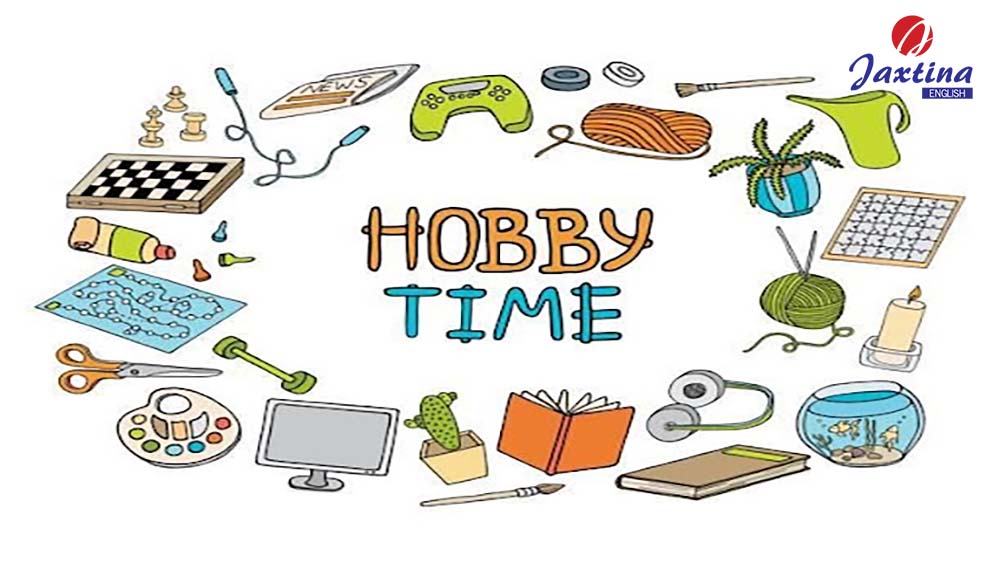
4.
metal detector /ˈmet̬.əl dɪˌtek.tɚ/ 

(n) máy dò kim loại
I got a metal detector.
(Tôi có một máy dò kim loại.)
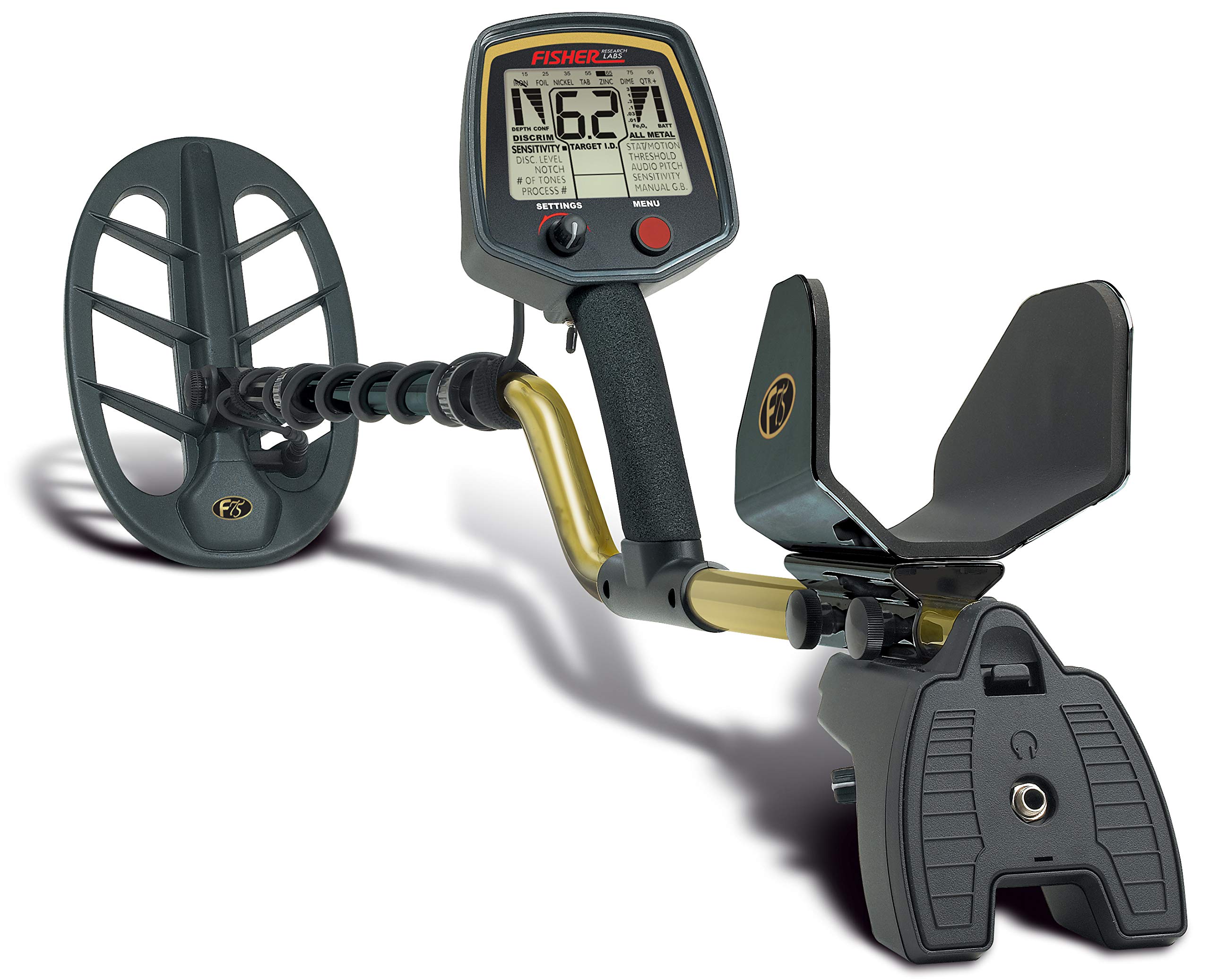
5.
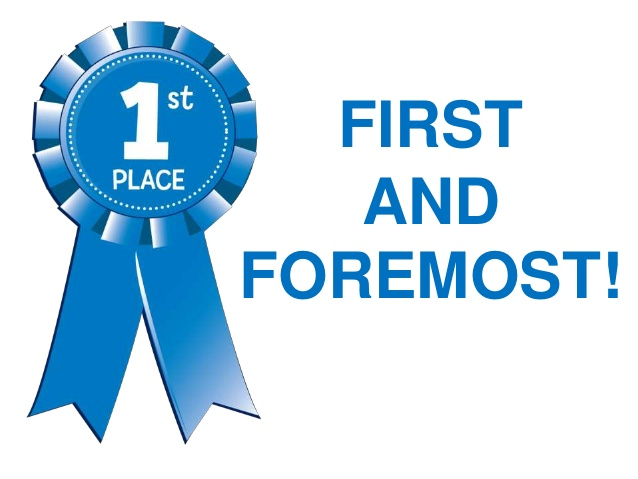
6.

7.

8.

9.
(n) kho báu, điều quý giá
You don't always find treasure.
(Không phải lúc nào bạn cũng tìm thấy kho báu.)
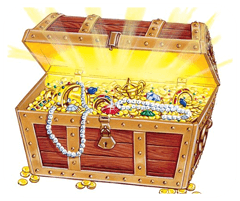
10.
11.
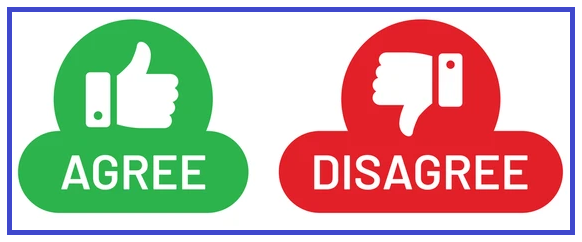
12.

13.
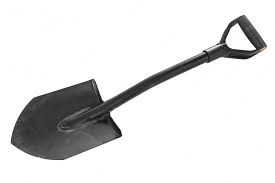
Mẹo tìm đáp án nhanh
Search Google: "từ khóa + baitap365" Ví dụ: "Bài 5 trang 13 SGK Vật lí 12 baitap365